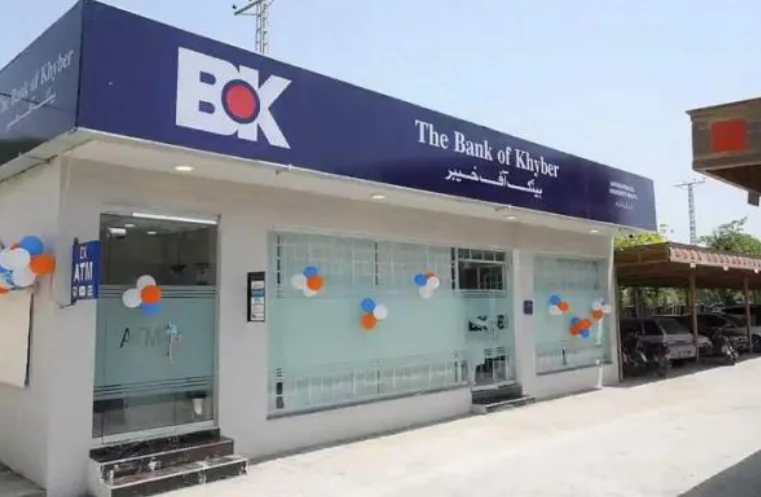Islamabad, Feb 20: The Bank of Khyber (PSX: BOK) is set to transition from a conventional banking model to a fully Shariah-compliant institution, aligning with the rising demand for Islamic banking in Pakistan. This strategic move was officially announced in a stock exchange filing on Thursday, highlighting the bank’s commitment to catering to the evolving financial preferences of its customers.
According to the statement, the bank has already initiated the transition process to become a full-fledged Islamic bank. This transformation is expected to enhance the bank’s market presence, offering customers a complete range of interest-free banking solutions in accordance with Islamic financial principles.
Founded under the Bank of Khyber Act, 1991, the bank has been a key player in Pakistan’s financial sector. It secured the status of a scheduled bank in 1994 and has since expanded its services, offering commercial banking solutions nationwide. By shifting to Islamic banking, BOK aims to strengthen its position in the growing Islamic finance sector, providing ethically sound financial services that adhere to Shariah guidelines.
Read More:
Pakistan Moves Toward Cryptocurrency Legalization? Latest Update Inside
This decision reflects the increasing preference for interest-free banking in Pakistan, as more individuals and businesses seek financial services that align with Islamic principles. With the regulatory framework supporting Islamic finance and the sector’s rapid expansion, BOK’s transformation is expected to attract a wider customer base and contribute to the country’s overall Islamic banking ecosystem.
The bank’s transition will involve restructuring its operations, ensuring compliance with Shariah laws, and securing necessary regulatory approvals. Customers can expect a seamless shift with new Islamic banking products designed to meet their diverse financial needs.
As the Islamic finance industry continues to grow, BOK’s move is a step toward a more inclusive and Shariah-compliant financial system in Pakistan. This shift is likely to set a precedent for other banks looking to capitalize on the increasing demand for Islamic banking.









